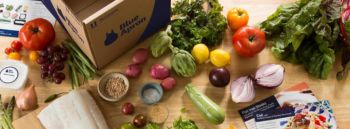
(Credit: Blue Apron)
Was an NPR holiday cooking segment featuring a Blue Apron cookbook paid for by Blue Apron?
Listeners thought so, NPR’s ombudsman Elizabeth Jensen wrote, but NPR didn’t get any payment for the piece, she said. Blue Apron is an “NPR sponsor,” though, so when NPR disclosed that during the segment, there was “the unintended consequence of making some believe the piece was paid for by the company. (Again, to be clear, it wasn’t.)”
Jensen stated, “For the record, NPR does not air or publish on its website any paid-for stories that masquerade as newsroom-produced pieces.”
The Nov. 19 segment, “A Blue Apron Thanksgiving: 3 Recipes to Try at Home,” featured NPR’s Michel Martin talking to Blue Apron’s culinary director Chris Sorensen about the company’s “lavishly illustrated new cookbook.” In the segment, Martin said, “When we were in New York recently, we stopped by the company’s test kitchen in Brooklyn to talk about coming up with recipes, getting comfortable in the kitchen and getting ready for Thanksgiving. Oh, let me also just mention that Blue Apron is an NPR sponsor.”
iMediaEthics has written to NPR and Blue Apron to ask what the sponsorship agreement is, and to ask how many complaints NPR received. NPR spokesperson Isabel Lara told iMediaEthics, “We only received one email complaint, but there was some Twitter chatter.” Further, she noted that, “Blue Apron is only a podcast sponsor, not broadcast.”
Jensen acknowledged the segment may have “come off as promotional,” and noted that some NPR member station staff wondered if it was a paid piece. But, an NPR executive producer, Kenya Young, explained that NPR received a typical pitch about the cookbook in the fall and thought it was interesting given “The whole point of the company’s business is to cater to people who don’t really want the fuss of recipes, yet here they are creating a cookbook that does just that.” Further, Young noted that for the segment, NPR intentionally tried to focus on the cookbook and not the company itself, and that NPR’s reporter Martin didn’t know Blue Apron was a sponsor until after the interview.
In hindsight, Jensen’s article suggested NPR could have used a different headline, provided more context in its disclosure, avoided any “promotional” words or put the emphasis on the recipes over the cookbook itself. Despite the criticism, NPR can’t “avoid reporting on sponsors,” she wrote.
That said, “NPR still needs to do everything possible to avoid creating an appearance that it is doing a sponsor’s bidding. In this case, at least, more attention to tiny details could have made a difference.”

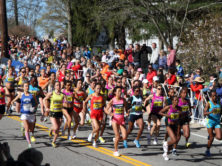
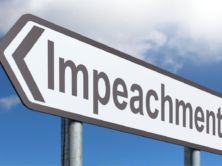
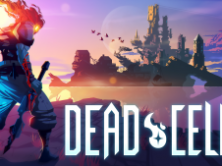
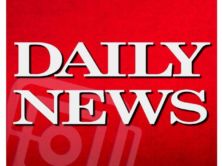
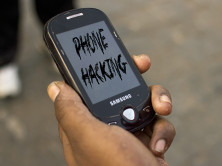

Comments Terms and Conditions